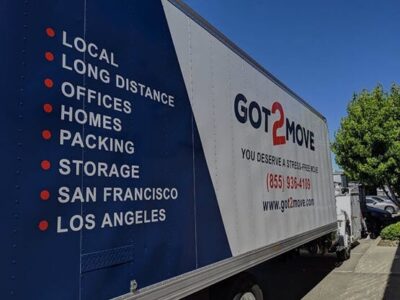One morning you wake up and decide it’s time for change. You check online home value assessors and see the market is swinging in your favor – home values in your area are skyrocketing. You can quickly envision starting fresh in a new neighborhood or even stashing money into savings and downsizing. Whatever the scenario may be, you have to sell first! And this means a lot of decisions need to be made. For starters are you going to do a for sale by owner and bypass agents and save money? Or are you going to list with your kid’s best friend’s aunt who is a real estate maven in your town, and has a great reputation?
If you’re too busy with endless projects at work and don’t have the time to dedicate to a for sale by owner, and go with the real estate professional, make sure you understand what kind of listing agreement you’re signing. Do your research before you meet with anyone, so you know what your options are.
What Is the Most Common Type of Listing Agreement?
So, even though the real estate professional you hooked up with has a great reputation, don’t misunderstand the basics of an exclusive right to sell agreement. This is the most common type of listing contract. It’s an arrangement between you, the seller, and the real estate agent, to last for a determined period of time, giving the agent the exclusive right to market and sell your property. This is great! You don’t have to think about anything or do anything other than clean your house top to bottom, declutter and maybe even at the realtor’s suggestion paint, or renovate before you list.
It also means you agree to not hire another agent during said contract.
And, in exchange for the agent’s work marketing and showing your home to potential buyers, you agree to pay a commission to the agent upon sale. And this remains in place, regardless of who sells the property (if you find a buyer, you will still owe the agent their fee).
Working with an agent puts your home up on the MLS (multiple listing service). This is a huge database. And provides incredible visibility.
If the listing agreement is for six months and the home isn’t sold after the period is up, you can either re-list with the same agent or shop around for a new one. Once the agreement expires, you are no longer responsible for paying the listing agent their fee.
Other Options
Another listing agreement you might come across is an exclusive agency agreement. This isn’t necessarily the most popular type of listing agreement for an agent. The reason being, a real estate agent might put hours into creating flyers, showings, open houses, phone calls to spread the word about your property. But, in the end, remuneration doesn’t always land in their wallet. Why? Because the agreement stipulates that (you) the seller only pays the agent if they sell the property. But once the property is out on the MLS, it’s anyone’s guess who might usher in the buyer. Including you.
In other words, in an exclusive agency agreement, if you, the seller, finds a buyer for your property, you don’t owe your agent anything.
If you care to educate yourself on different listing agreements, it’s all at your fingertips online. There are net listings, open listings, paying a fee to get your property on the MLS, and even selling it yourself (fsbo).
For sale by owner is an option that requires the seller to function as the agent. Marketing, showings, appraisals to determine listing price, etc, are all on you. Many choose to take this route to save the fee on paying a realtor a commission upon sale.
Sometimes, you already have a seller lined up. Imagine that! A stranger knocked on your door and told you if you wanted to sell, they would want to buy, no realtor necessary. Or, if you live in a high-demand market and know ahead of time you aren’t going to be expending huge energy on finding a viable buyer, FSBO is a great idea. Sellers have the upper hand when there is a surplus of buyers and not enough property to meet the needs. In a perfect world, you could have a contract days after putting the house on the market.
Any way you dice it, check into all your options before deciding which route to take.










